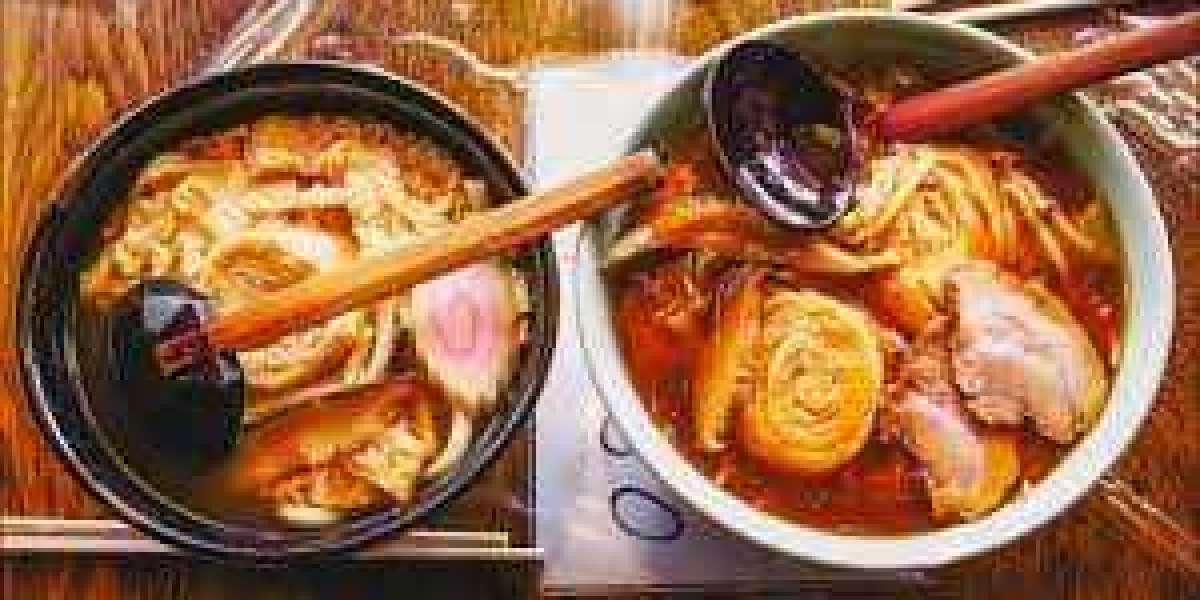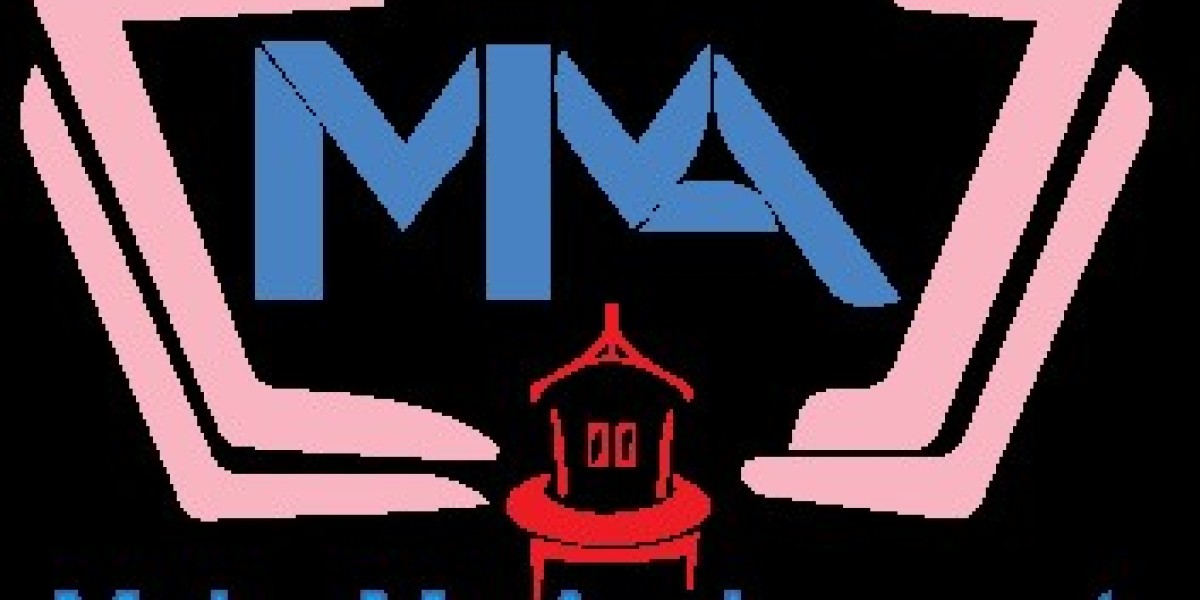"The United States banned Japanese food" is a fact and a rumor
"The U.S. Food and Drug Administration (FDA) has banned Japanese agricultural products because of the Fukushima nuclear contamination." Recently, this rumor spread all over China's social media, and many netizens have reprinted to express their concern, because this is "true, There is also a link to the FDA's official website!"
According to the investigation, the source of this rumor was a Weibo post on May 8 by a Sina netizen named "Professor of Canada": "Attention everyone! Import warning, prohibiting the entry of the following foods into the United States: fresh milk, butter, milk powder, infant milk powder, and other dairy products, vegetables, and their products, rice, whole wheat; fish; meat and poultry; clams; sea urchins; citrus pomelo Like fruit; kiwi fruit. The reason is nuclear pollution." Another netizen retweeted this Weibo and attached the official link of the FDA, which made this Weibo's attention and retweets rise sharply, and rumors began.
Four years have passed since the Fukushima nuclear accident. Does the United States really want to "ban" Japanese food on the grounds of nuclear pollution? After checking the FDA's official website, the reporter found that the "#99-33" import warning was issued on April 3 this year. The content stated that if the inspection is not passed, some foods from 14 prefectures such as Fukushima and Aomori in Japan will be prohibited from entering. America. The banned types are as described by the above-mentioned netizens on Weibo.mcdonald's around me
However, according to the investigation by Phoenix TV's Japan correspondent Li Miao, this import warning was issued as early as after the Fukushima nuclear leak in Japan, and has been revised more than ten times so far, of which "#99-33" is the latest version. Compared with the previous version, "#99-33" did not increase the number of prohibited imports, but lifted the ban on three foods, namely cod from Fukushima Prefecture, silver mackerel from Ibaraki Prefecture, and grouper from Iwate Prefecture. Taking the silver mackerel in Ibaraki Prefecture as an example, the FDA also explained in "#99-33": In March 2015, the Japanese government lifted the market ban on the silver mackerel produced in Ibaraki Prefecture, and the FDA acknowledged that the Japanese government was taking measures Addressing this issue will continue to support their efforts.
Therefore, the FDA's "#99-33" import warning actually relaxes the restrictions on the import of Japanese food from the United States, which is completely different from the rumors on Chinese social networks. In fact, Japan's food exports are recovering. According to Japan's trade statistics report, after the Fukushima nuclear accident in 2011, Japan's agricultural exports to the United States fell, but it has rebounded since 2012, reaching 93.2 billion yen in 2014. The same is true of Japan's agricultural exports to China, which reached 62.2 billion yen in 2014, exceeding the level before the Fukushima nuclear accident. In addition, as of February this year, Canada, New Zealand, Mexico and other countries have lifted import restrictions on Japanese food.
With the increasing number of "overseas shopping" from Japan, will Chinese consumers accidentally buy Japanese agricultural products on the FDA's banned list? Actually, don't worry about it. On the one hand, China's import ban is stricter than that of the United States - it prohibits the import of food, edible agricultural products and feed from 12 Japanese prefectures, in effect "one size fits all"; on the other hand, according to officials from Japan's Ministry of Agriculture, Forestry and Fisheries, the United States Japanese agricultural products that are prohibited from being imported are also prohibited from being marketed in Japan. Therefore, even in Japan, items on the ban cannot be bought.
In fact, after the rumor was widely spread on the Internet, both traditional Chinese media and social media have refuted the rumor and achieved good results. As of press time, the netizen "Professor of Canada" has also deleted the Weibo.
The rumors seem to have stopped there, but why is such a rumor about food safety in Japan so widespread? In addition to being dubbed "FDA", "official link" and other bluffing keywords, consumers' lack of confidence in Japanese food is an important factor. Consumer confidence in Japanese agricultural products cannot be fully restored until the threat of nuclear contamination is completely eliminated. (Reporter Lu Yifeng)


